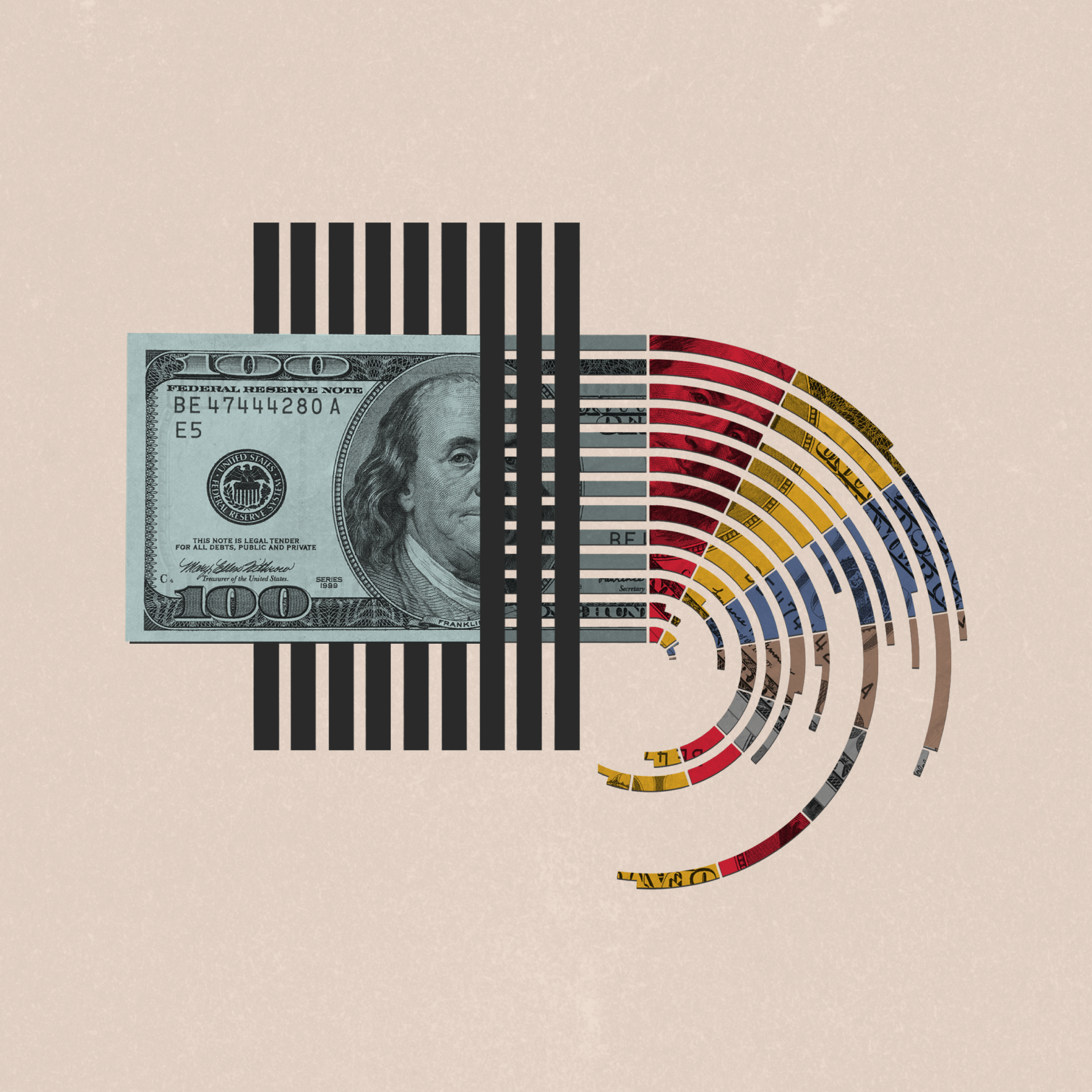
Money & the World
Stocks Hit Fresh Highs. Is It a Bad Time to Invest?
All-time highs spook some investors, who fear if they buy at the top they’ll end up overpaying. We dove into the data to see if their anxieties are justified.
Wealthsimple makes powerful financial tools to help you grow and manage your money. Learn more
Note: This story first ran in TLDR, Wealthsimple Media’s weekly, non-boring newsletter about money, markets, and crypto.
The boom times are back! (For now, anyway.) In recent weeks, the S&P 500, Dow, and Nasdaq have all notched all-time highs for the first time in two years, and the TSX could join the party soon. Every investor has heard the chestnut “buy low, sell high.” So now that stocks are decidedly not low, does that mean it’s a rotten time to buy? Should you instead hoard cash, like some sort of cave-dwelling, WSJ-reading goblin, until stocks fall and then go all in to maximize your returns? We don’t give investing advice here at TLDR, but we thought we’d unpack some data behind all-time highs to help you make sense of this moment.
Why do all-time highs make some investors nervous? Well, it comes down to the basic principle that to make money in markets, you have to sell a stock (or ETF, etc.) for more than you paid for it. And if prices start out high, that might be harder to do. For this reason, investors try to avoid buying stocks that are overvalued — that is, you’re paying too much for what you get (a company’s earnings). And sometimes entire stock indexes get overvalued, leading to a painful correction, or fall, when investors across the board realize that companies aren’t making enough money to justify their high stock prices.
OK, so you shouldn’t buy at the top, then, right? Seems like a good assumption, but the data doesn’t necessarily agree. North American stocks have marched steadily upward over the past century, and some bull markets have run for decades, partly since rising stocks and a booming economy can self-reinforce each other. So, if you’re waiting for a crash before you get in, you could wait for a long time and miss out on big returns. For instance, if you thought stocks were overheated in 1980 and delayed investing until the next bear market (that is, a 20% downturn), you would have waited seven years and missed out on something like 117% in returns. And even that downturn was a four-month blip in a historic 20-year bull market during which the S&P 500 rose north of 1,000%.
So, all-time highs don’t mean a correction is imminent? History suggests no, not usually. If you look back to 1957, when the S&P 500 was created, the index has notched a new all-time high about every 14 trading days, or 7% of the time. What’s more, the S&P has been within 5% of its latest high about 60% of the time and has been in a bear market only 12% of the time.
But what if there is a correction? Is your portfolio ruined forever? Probably not if you’re diversified and investing long term. The New York Times recently pointed out that if you invested in an S&P index fund on October 9, 2007, right before the stock market fell by more than 50% during the global financial crisis, you still would have gained 9.3% annually in the years since then for a cumulative return of 325%, provided you reinvested your dividends. That said, some foreign stock markets, like Japan’s, have had “lost decades” of little to no growth, so there’s that.
So what about the current rally? It’s been largely driven by rising corporate earnings, which was not the case in 2021, when stocks surged beyond what earnings realistically justified. Hence the hard 2022 correction. Right now, tech stocks are more expensive, relative to earnings, than the rest of the market, but they’re nowhere near as pricey as they were in 2021, much less in the dot-com bubble.
That said, there’s risk everywhere all the time. No one knows what fresh hell, or blue skies, might await. But history has shown that, for most investors, time in the market is more important than timing the market. If you’ve heard that before, it’s because someone’s been giving you historically good advice.
Jared Sullivan is an editor for Wealthsimple Magazine and author of the book "Valley So Low: One Lawyer's Fight for Justice in the Wake of America's Great Coal Catastrophe".
Sarah Rieger is a senior news writer for Wealthsimple Media, and co-host of the TLDR podcast. She was previously a reporter at CBC News and editor at HuffPost Canada. You can reach her at srieger@wealthsimple.com.






